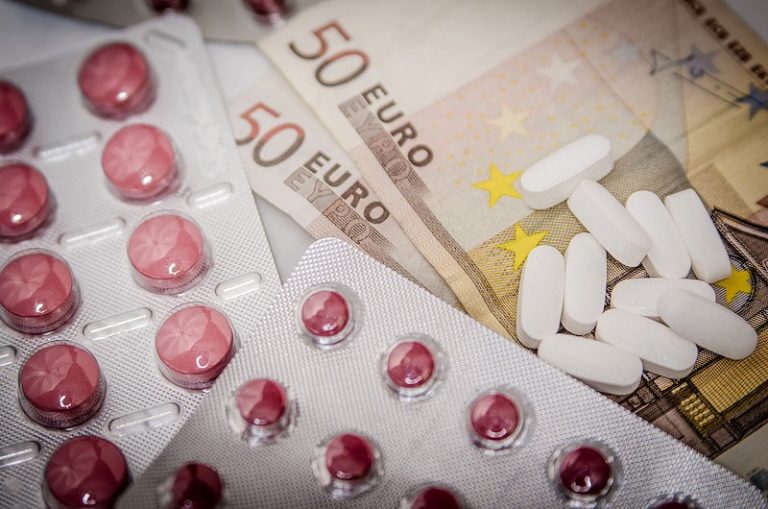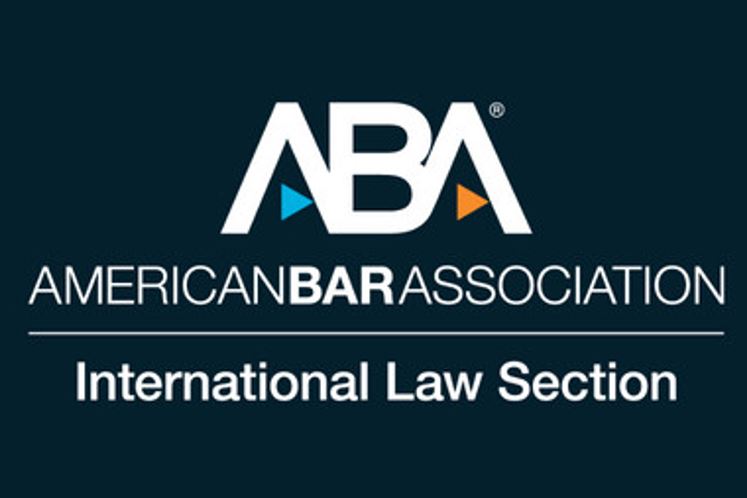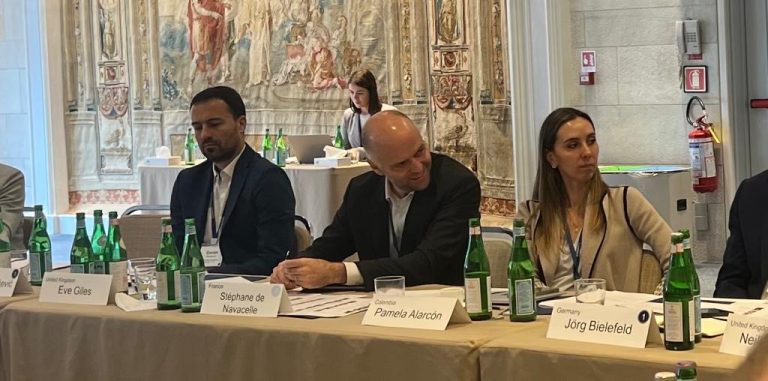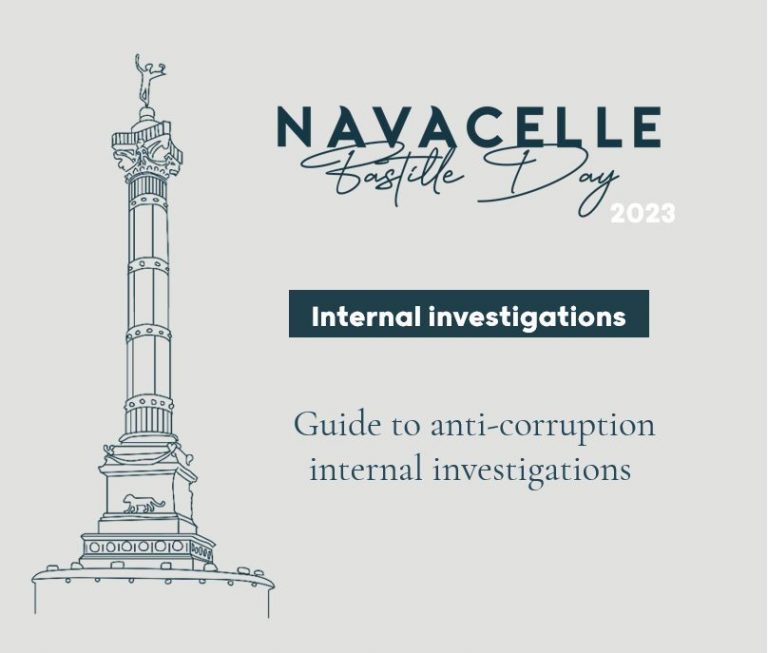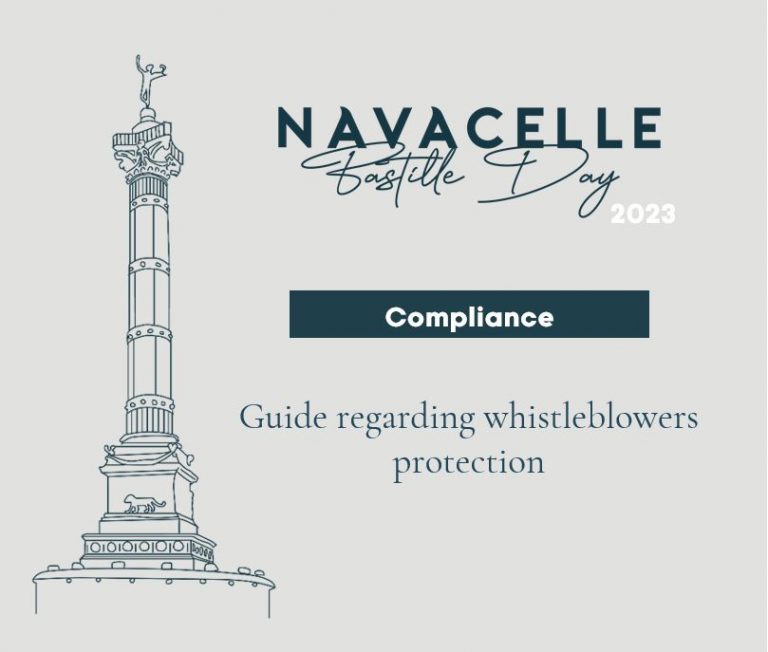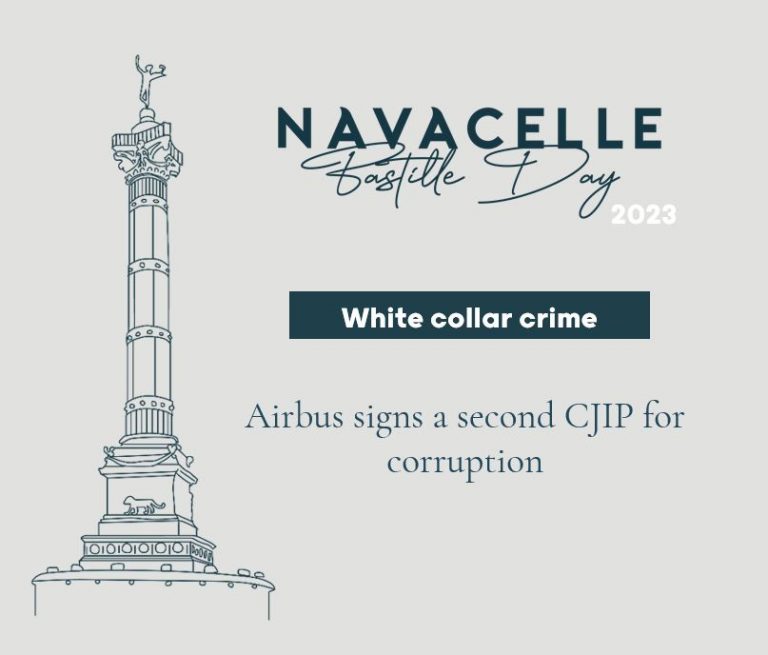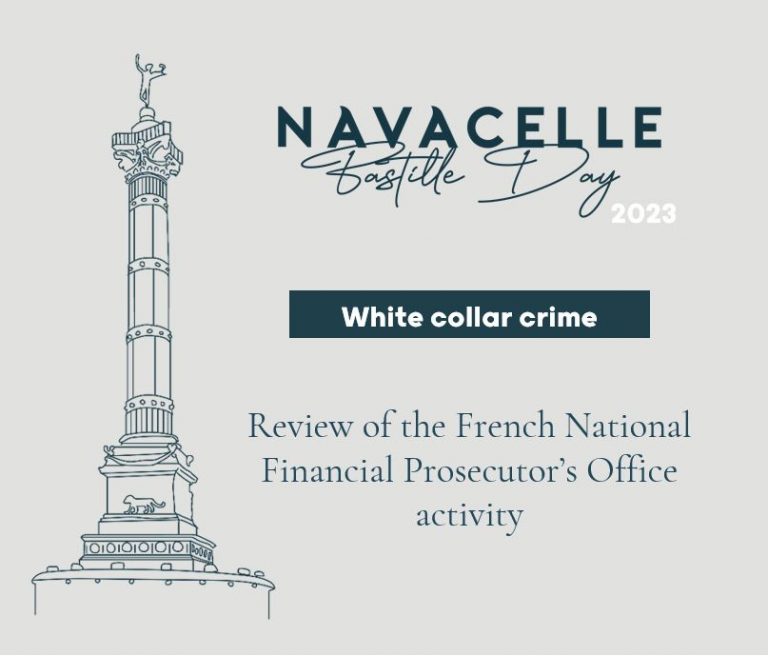Following the 2020-2022 national multi-year anti-corruption plan, the French Anti-Corruption Agency (hereinafter “AFA”) published on 30 September 2022 its second national diagnosis survey of anti-corruption systems in businesses.[i] The aim of this new report is to assess changes made by businesses regarding the appropriation of anti-corruption prevention and detection systems since the diagnosis published in 2020, and to better understand the difficulties that companies may face.[ii]
The AFA has drawn up a rather positive assessment of this survey, which was conducted among various companies according to a specific methodology (I). The diagnosis highlights a “real progress of companies, both in the understanding and in the implementation of anti-corruption measures” (II).[iii] However, the AFA believes that certain improvements are still necessary (III).
I. The methodology used by the AFA and the responding companies’ typology
As part of its survey, the AFA sent a list of 25 questions to several companies and received more than 330 responses. On the basis of this questionnaire, it evaluated the knowledge of corruption and influence peddling offences by the responding companies and the prevention of these offences within them.[iv]
Law No. 2016-1691 of 9 December 2016 on transparency, the fight against corruption and modernization of economic life, (hereinafter the “Sapin II Law”) sets out obligations in this area. Article 17 requires companies with at least 500 employees or belonging to a group of companies whose parent company has its registered office in France and whose workforce includes at least 500 employees, and whose revenues or consolidated revenues exceed €100 million, to take measures to prevent and to detect acts of bribery or influence peddling committed in France or abroad.[v]
Amongst the companies responding to the questionnaire sent by the AFA, 54% belong to a group headquartered in France, 27% belong to a group headquartered abroad and 19% do not belong to any group.[vi] More than half of the responding companies were subject to Article 17 of the Sapin II law.[vii] Furthermore, the AFA outlined in its diagnosis that, the main reason given by the responding companies that did not adopt anti-corruption measures, which are mostly small companies not subject to Article 17 of the Sapin II Law, was their lack of means and resources.[viii]
While nearly 75% of the responding companies have international activities, no company from the textile, plastics, machinery and equipment, automotive or luxury sectors responded to the survey.[ix]
II. The evolution in the appropriation of anti-corruption measures since 2020
The appropriation assessment of anti-corruption measures conducted by the AFA in this questionnaire focused on two aspects. The first concerns the understanding of corruption and influence peddling (A). The second concerns the prevention and detection of corruption and influence peddling (B).
A. The understanding of corruption and influence peddling
A real improvement since the 2020 diagnosis is highlighted. Indeed, on average, 96% of responding companies considered they knew the definition of corruption and influence peddling, compared to 86% in 2020.[x] This improvement can be explained by the fact that 87% of responding companies in 2022 claim to have received recent training on the topic of corruption, compared to 70% in 2020.[xi]
Furthermore, 25% of the companies have faced at least one case of corruption or influence peddling in the last five years.[xii] Out of these, 89% have initiated an internal investigation and 70% have imposed a disciplinary sanction.[xiii]
In comparison, in 2020, only 22% of the companies surveyed had been confronted with cases of corruption, and 51% of them had initiated a disciplinary procedure for these facts that resulted in a disciplinary sanction.[xiv]
B. Prevention and detection of corruption and influence peddling
This second component is also the subject of clear progress. In 2022, 92% of responding companies declared having implemented measures to prevent and detect corruption and influence peddling. In 2020, only 70% of companies had done so.[xv]
There are several reasons for this improvement. First, 82% of the responding companies indicated that they have implemented anti-corruption measures due to legal or regulatory obligations such as the Sapin II law, European directives on the fight against money laundering, or the law on the duty of care. The organization’s values are also a reason for implementing these measures for 64% of companies. Finally, for a small minority of them, these measures have been implemented at the request of their clients.[xvi]
The measures mainly implemented are a code of conduct (88%), an internal whistleblowing system (86%), and anti-corruption training (85%).[xvii]
Those considered the most difficult to implement are (i) third-party integrity assessment/due diligence (due to the lack of human and financial resources), (ii) anti-corruption risk mapping (due to the complexity of its establishment) and (iii) anti-corruption accounting controls (due to the difficulty of determining the scope of controls to be carried out).[xviii]
Even if the risk of corruption is mainly taken into account in the “purchasing”, “accounting and finance”, or “sales” procedures,[xix] more than 66% of companies indicate that they alert their employees as to corruption risks in their daily activities.[xx]
III. Areas for improvement
Although positive overall, the diagnosis nevertheless identifies a few areas for improvement.
Firstly, the diagnosis raises an inadequacy in the understanding of exposure to the risk of corruption and influence peddling. Indeed, half of the companies consider that they are slightly exposed to these risks, and only 6%, exclusively companies subject to Article 17 of the Sapin II law, consider that they are highly exposed to them.[xxi]
Secondly, only 45% of companies declared that they had implemented all of the measures expected by the Sapin II law,[xxii] while companies that have implemented all of these measures do not update them annually. Such an update is recommended to allow a better adaptation to the company’s situation.[xxiii]
Moreover, among companies that have been confronted with at least one case of corruption or influence peddling in the last five years (which corresponds to 24% of the companies surveyed), only 32% have filed a complaint or referred the case to the courts.[xxiv]
Also, among the companies with international activity that reported having been confronted with one or more solicitations for facilitation payments, only 60% reported having been confronted with a case of corruption or influence peddling.[xxv] This figure reflects a misunderstanding of corruption under French law since facilitation payments are considered corruption actions.[xxvi] It is therefore necessary to raise the awareness of companies on this subject.
The AFA also suggests continuing to train and raise awareness among employees about the risk of corruption in their daily activities.[xxvii]
Therefore, the AFA is rather positive about the understanding of the offences of corruption and influence peddling and the implementation of detection and prevention measures. The diagnosis has a clear educational goal, which reinforces its practical interest for companies.

